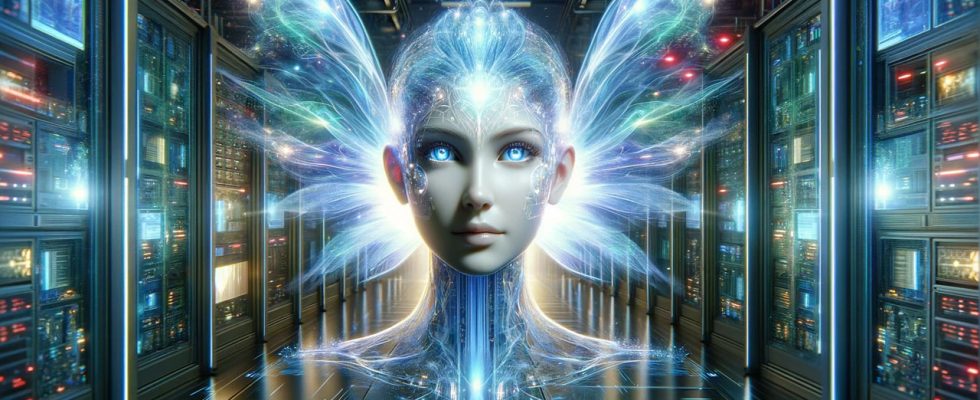Artificial intelligence, abbreviated as AI (Artificial Intelligence), which was not on the agenda until the beginning of 2022, has gained more popularity day by day with the emergence of ChatGPT. With the studies carried out in recent months, artificial intelligence has taken its place in the middle of our lives. Of course, if we want to keep up with the times, we need to know what this system is and how it works. Come together Artificial Intelligence (AI) Let’s answer questions such as what it is and how it works.
What is Artificial Intelligence (AI) and what is it not?
First, we should look at the purpose of artificial intelligence. According to research, the biggest purpose of the emergence of artificial intelligence is to accelerate the flow of information and to easily create solutions thanks to systems that can think like the human mind. We can simply define artificial intelligence as systems that imitate human intelligence and behavior and can improve themselves in line with new information by compiling the information they collect.
With the development of artificial intelligence systems, one of the questions in people’s minds is, “Can artificial intelligence blind us and end humanity?” happened. We should not forget that artificial intelligence systems are programs that can improve themselves to solve certain problems. Even if they imitate human intelligence, we cannot say that they can fully replace human intelligence because they do not have their own feelings in matters such as emotional intelligence, creativity, and social relations.
How does Artificial Intelligence (AI) work?
When it comes to how artificial intelligence works, we can generally say that this system consists of five stages. We can list these as data collection, data pre-processing, model training, model evaluation, and using the results. In these stages, AI collects data to solve the problem, evaluates the data through the algorithm, produces a new solution by specializing in this data, and finally presents the solution to the user.
In what areas of our lives is Artificial Intelligence (AI) used? What are the examples?
In recent years, artificial intelligence has entered every aspect of our lives. It is actively used in banks, home systems, phone applications, cars, and even in schools. We saw that artificial intelligence systems will further develop with Gemini AI, introduced by Google a few months ago. The videos produced by Sora, which were later introduced by OpenAI, occupied the agenda a lot.

In the videos Sora produced, we saw that he could create a realistic video with a single text. The fact that artificial intelligence is still very new drew all the attention to Sora. We can understand from these systems that artificial intelligence will be in a much better place and will be developed further in the future.
What are the potential benefits and harms of Artificial Intelligence?
Here are the potential benefits and harms of artificial intelligence:
| Benefits | Harms |
| Productivity Increase: In the work we do in daily life and in the long term, artificial intelligence can automate the business process by imitating human intelligence. In this way, the job can be completed in a shorter time. | Business Loss: With the emergence of artificial intelligence and automation, some sectors where manpower is not needed |
| Personalized Analytics: Thanks to artificial intelligence, large amounts of data can be analyzed and a more effective environment can be created by presenting personalized results to users. | Privacy Violation: Since Artificial Intelligence systems work with high data analysis and collect information, there may be risks regarding the confidentiality and security of data. |
| Advanced Health Services: As we have seen from some recent news, when artificial intelligence is trained in medicine, it can help provide more accurate results in diagnosis and treatment processes. | Technology addiction: As a result of the interest in artificial intelligence and curiosity about technology, there is a risk of increasing people’s addiction to these systems. |
| Traffic and Vehicle Control: Autonomous driving takes place through artificial intelligence. Thanks to this system, technologies such as driverless vehicles can reduce traffic accidents and make traffic more orderly. | Social Problems: With the popularity of artificial intelligence, people can chat with these systems and receive personalized answers. For this reason, users may isolate themselves from other people, which may cause physical and mental health problems. |


